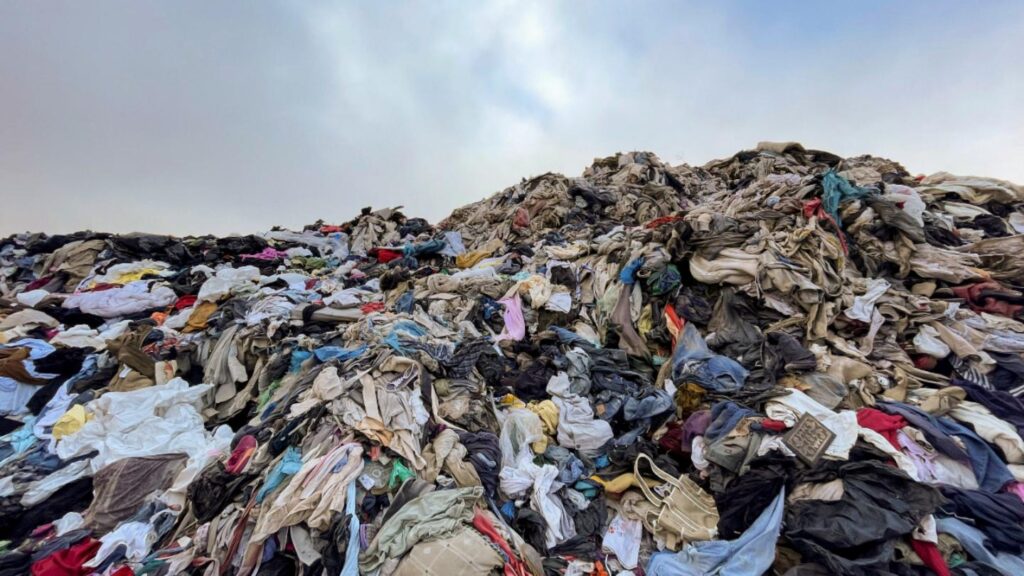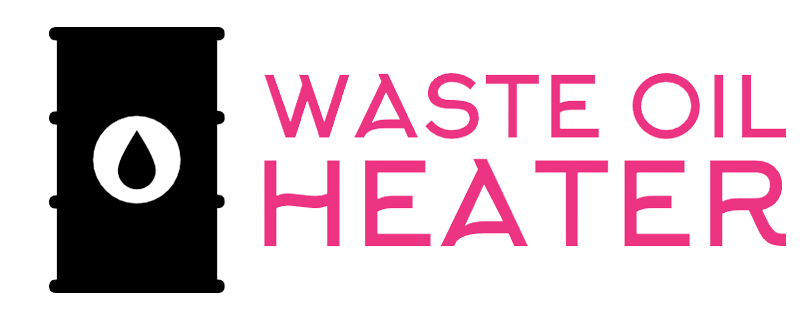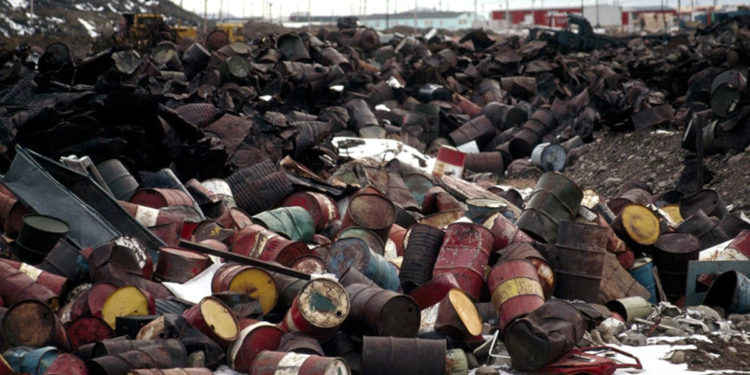Toxic sludge and radioactive substances create thoughts of hazardous trash while in fact, the word is used to describe a wide range of everyday home and corporate garbage. Hazardous waste may be defined as any waste that might potentially affect the environment.
Recognizing Hazardous Waste
However, accurately identifying certain hazardous waste might be a lot more difficult than identifying other hazardous trash, like oils, fuels, solvents, and paints. Hazardous waste may also comprise the following types of materials:
- Asbestos
- Chemicals
- Batteries
- Solvents
- Pesticides
- Oils that can’t be eaten
- Refrigerators that contain ozone detrimental chemicals
- Containers for hazardous garbage
A Hazardous waste is, in general, anything poisonous, corrosive, or combustible. If you’re unsure about the classification of anything you own, this page may provide you with some guidance.
Fine And Regulations
Regulations were put in place by the Environmental Protection Agency (EPA) to guarantee that the necessary processes were followed in order to safely remove various classes of hazardous waste in order to decrease the instances of inappropriate disposal. You might face a £5,000 punishment if you don’t follow the EPA’s rules.
The Benefits
There are several environmental and economic advantages to recycling your hazardous trash, making recycling the obvious option for disposing of your garbage.

Protect Habitats
Solvents & heavy metals, for example, may leach toxins into the soil, contaminating adjacent water sources and wildlife habitats if they are not disposed of properly. In addition to being very difficult to remove, once these compounds have been absorbed into soil, they may also have a significant negative impact on the surrounding ecosystem. Recycling your rubbish lessens this danger and aids in the preservation of local animals.
Reduce Consumption Of Raw Materials
To maintain a stable level of hazardous waste or to reduce its volume in the environment, recycling implies using less raw materials in the manufacturing process, which is particularly advantageous when dealing with hazardous trash. As good for the environment as this is, it is also good for your wallet. It’s possible to cut retail costs by lowering the cost of raw materials while also increasing the efficiency of manufacturing.
Reduce The Use Of Fossil Fuels
As a finite resource, fossil fuels must be protected at all costs. Because recycling consumes less energy than manufacturing as a whole, we can keep our fossil fuel reserves for a longer period of time.
Reduce The Amount Of Pollution That Is Released Into The Atmosphere
It is possible to limit harmful emissions, like carbon dioxide, by cutting down on the quantity of fossil fuels used in the production of hazardous goods.
The need to protect the environment is widely recognised by the general public, as well as governments across the globe. Going green with your business gives you the opportunity to market your firm as environmentally friendly, which gives you a positive corporate image and might raise your income.







